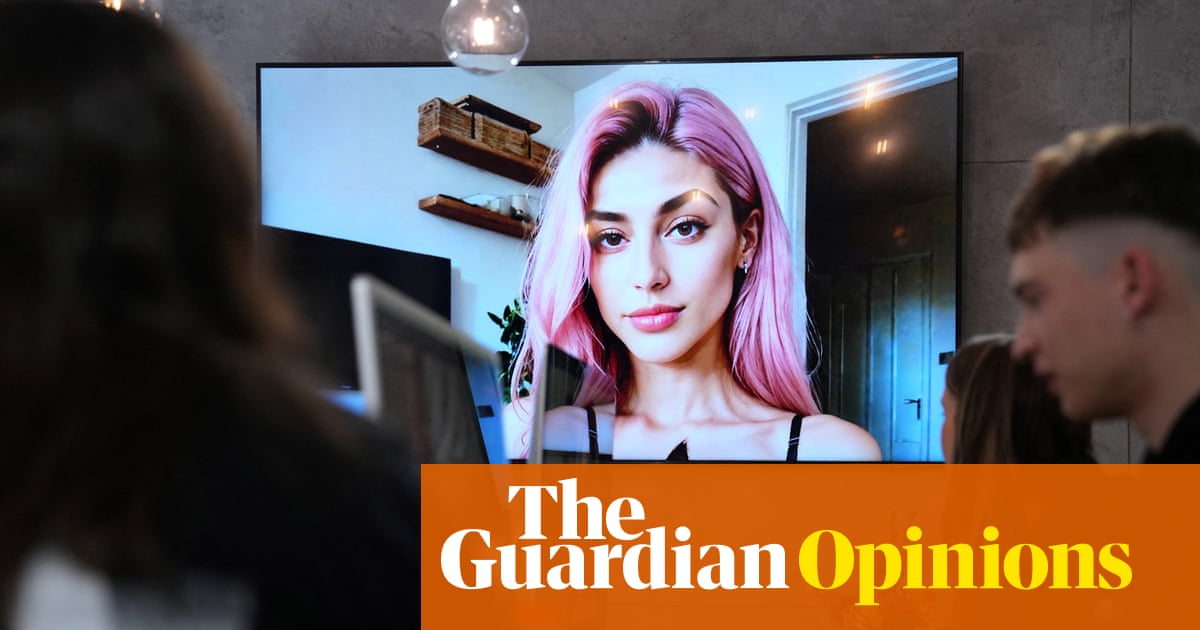‘Miss AI’ is billed as a leap forward but feels like a monumental step backwards | Arwa Mahdawi

🌈 Abstract
The article discusses the emergence of AI-generated beauty pageants, specifically the "Miss AI" competition, and the potential implications of this trend on traditional beauty standards and the cosmetic industry.
🙋 Q&A
[01] The Emergence of AI Beauty Pageants
1. What is the "Miss AI" competition, and who is organizing it?
- The "Miss AI" competition is the world's first AI-generated beauty pageant, organized by a company called Fanvue (a subscription-based content creator platform) in partnership with the World AI Creator Awards (WAICA).
- The competition involves AI-generated images of women, which will be judged by a panel comprising two humans and two virtual models.
- The winner will receive a cash prize and the opportunity to monetize their creation on Fanvue.
2. How are the winners of the "Miss AI" competition chosen?
- The judges will evaluate the AI-generated characters based on their looks, the size of their followings, and their "personalities" (e.g., what the character's dream is to make the world a better place).
- The technical skills behind the character's creation will also be taken into account by the judges.
3. What are the concerns raised about the "Miss AI" competition?
- The article suggests that the competition "exaggerates" toxic gendered beauty norms and creates completely unrealistic beauty standards.
- The AI models judging the competition, such as Aitana Lopez and Emily Pellegrini, are designed to fit the "average man's dream girl" stereotype, with features like long hair, large breasts, flawless skin, and sculpted bodies.
- The article argues that this trend of AI-generated influencers will further contribute to young people's obsession with skincare, anti-aging products, and cosmetic procedures.
[02] The Potential Impact of AI Influencers
1. How are brands and companies responding to the rise of AI models?
- The article suggests that brands are interested in using AI models because they never age and can be fully controlled, unlike human models who may need to be "fired" or can no longer be counted on.
- Some brands, like Dove, have pledged not to use AI to represent real people in their advertising, but the article suggests that AI-generated influencers will become more prevalent in the mainstream.
2. What are the potential consequences of the proliferation of AI influencers?
- The article argues that the unrealistic beauty standards portrayed by AI influencers will have a detrimental impact on young people's psyches, further fueling their obsession with skincare, anti-aging products, and cosmetic procedures.
- The article suggests that the creators of the "Miss AI" competition do not seem overly concerned about these potential negative consequences, with one of the human judges claiming the competition will be "inclusive" and change the public's perception of AI women.
Shared by Daniel Chen ·
© 2024 NewMotor Inc.